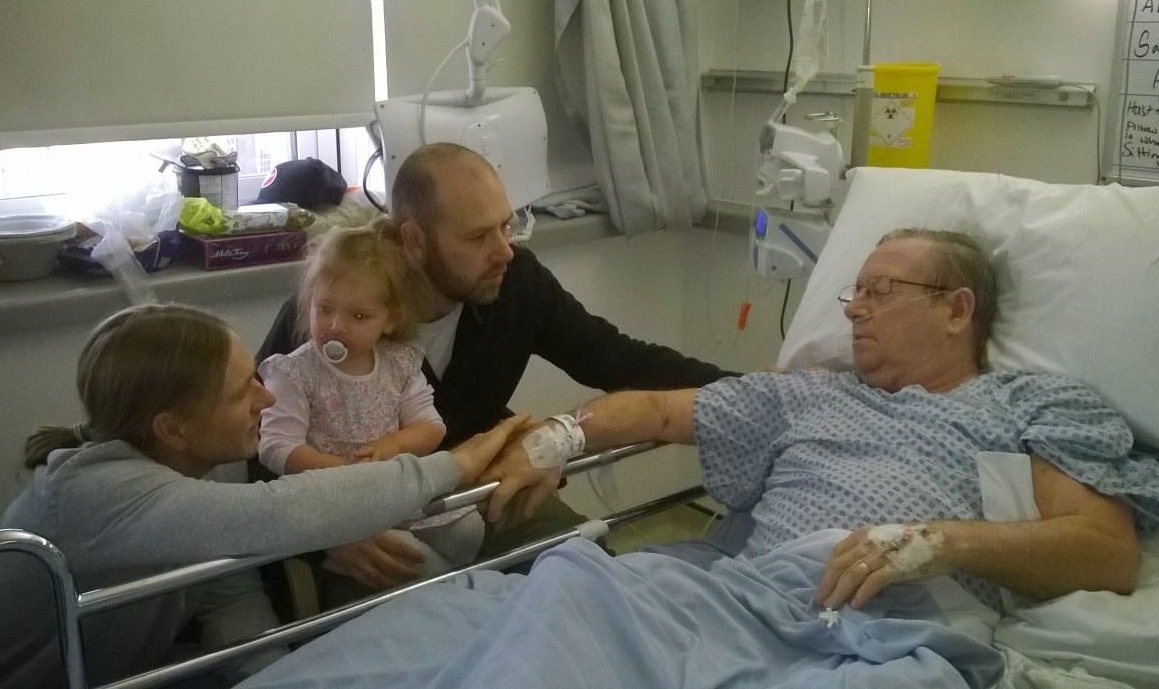Hospital Discharge Research Results

Hospital Discharge
Last year, working with Health Watch Surrey, we undertook research into carers’ experiences of the hospital discharge process in Surrey. A lot of problems can arise when the person you care for is being discharged from hospital, including around decisions on how ready the person is to leave, poor communications, and agreements on the support available at home.
There were 78 completed surveys, plus 12 in-depth interviews.
Findings
Even despite the restrictions of COVID, we did hear positive stories of safe, patient/carer-centred discharges. However, there were more negatives than positives, including:
Poor communication between ward and carers:
- 57% felt hospital communicated poorly or very poorly when patient was on the ward
Poor levels of inclusion in post-discharge planning:
- 72% were not asked if they could manage patient post-discharge
- 58% felt carers’ views not taken into account
Poor post-discharge signposting and support:
- 76% said the patient was not signposted to any support
- 76% of carers were not given the name of organisations who could support
The interviews also revealed:
- Carers unable to communicate a patient’s baseline to those providing treatment or arranging discharge
- Contradictory, confusing information – different family members contacted at different times, contradictory information given, unclear who calls are coming from or purpose of calls (especially unfamiliar names/job titles)
On discharge decision-making:
- “They didn’t tell us he’d fractured his pubic bone – we only found out when he came home. We had no idea what this would mean…we assumed he’d had a stroke”
- “Because of her severe Learning Disability she lacks the capacity to understand how what she’s being asked actually impacts her … they assessed her and deemed her fully capable of making her own decisions, which she isn’t”
Stress and distress:
- “As she didn’t have her hearing aids professionals thought she had dementia. Actually she has full capacity but she lip reads.”
- “It caused overwhelming stress to patient and family”
Poor care
In conclusion, although positive discharge was possible, many issues are clearly happening to the detriment of patient and carer care:
- Poor communication from staff to carers at all stages of the journey is a substantial barrier to achieving good discharges
- Carers are at a serious disadvantage. They are often unaware of assessment processes, how decisions are made, who has responsibility for what actions. They cannot contribute to discharge, and cannot quality-check the discharge.
- These weaknesses can result in actual patient harm.
Recommendations
- Proactively identify patients who rely on unpaid carers. Recognise these may be unregistered/unacknowledged. Record a key contact for every patient and focus communication through that contact.
- Review practices and processes that govern hospital-carer communications. Take the opportunity to develop new, post-Covid strategies that cover all touchpoints.
- Improve carers’ understanding – explain the process of discharge including who’s who, decision-making processes, what they should expect, and what support is available. Use co-design to develop a guide.
- Provide a professional, efficient handover of the patient to the carer. As well as meeting the requirements of the current Policy and Operating Model this handover should be patient/carer-centric with appropriate language and contact information for all relevant providers/services.
Next steps
The report and all the recommendations are now with Surrey’s hospitals, commissioners and Surrey County Council. They have shown great interest in the findings and all the concerns we have raised have been listened to. Changes are beginning to be implemented at the various hospitals.
However, in the meantime, should you experience a poor hospital discharge, do complain and let the hospital know. If that’s not handled well, let us know, and Healthwatch will help follow it up. The more we help improve this process the better it will be for all carers. The hospitals are keen to listen and get things rights, so should appreciate feedback to help things improve.
Finally a huge thank you to all carers who shared their experiences and feedback.
You can see the full report here:
